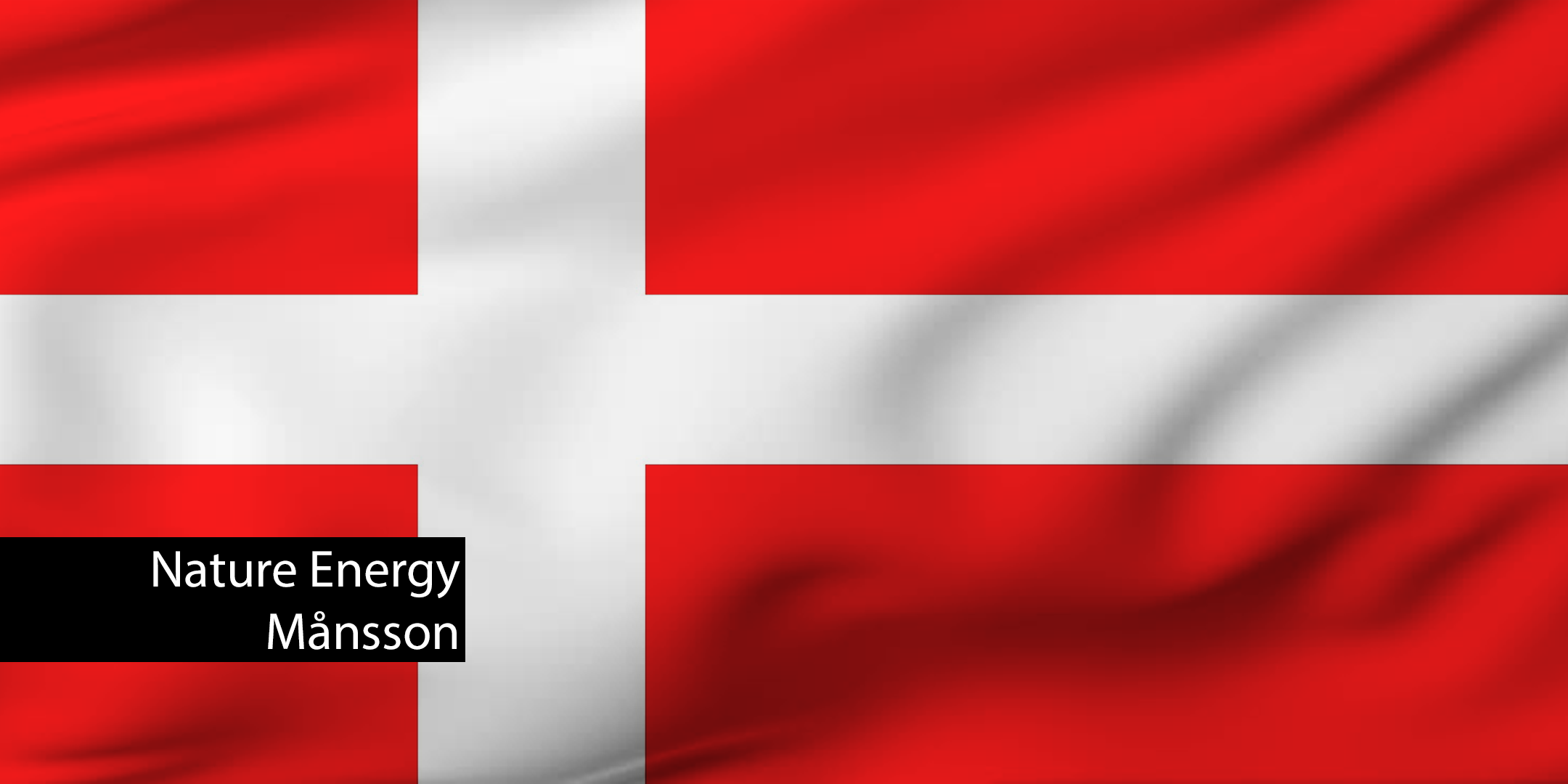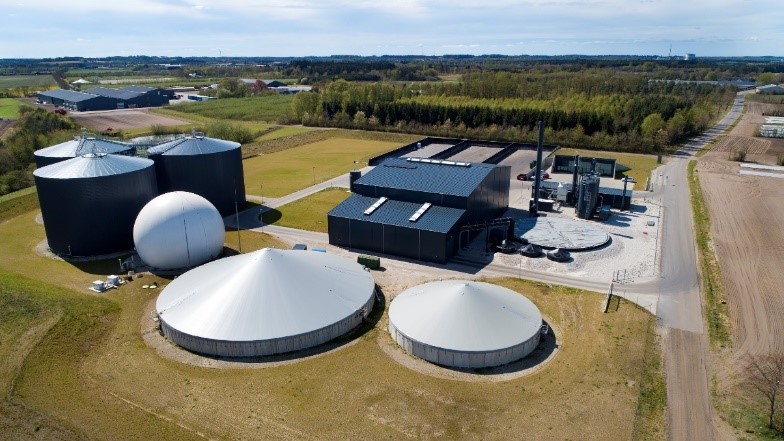
Nature Energy Månsson: A Green and Organic Biogas Partnership
As highlighted in reports from the Danish Council on Climate Change and the Danish Climate Partnerships, biogas plays a crucial role in driving Denmark’s transition towards a more sustainable and climate-friendly society.
In 2017, Nature Energy, a leading biogas producer, and Axel Månsson, a large-scale egg and vegetable producer, established a fully organic plant, designed by Renew Energy, in Brande, Denmark, to promote biogas as an energy source. In 2019, due to increased demand from farmers interested in contributing to biogas production, the two companies decided to expand the plant. The expansion is expected to be completed in 2020.
In 2019, the organizations added a new conventional line to operate separately from the organic line to avoid mixing the produced bio fertilizers. The new line has enabled the facility to increase the amount of conventional manure and food waste treated by 170,000 tons.
Currently, 38 farmers supply manure to the plant in addition to 99.9% organic bio-pulp feedstock provided by a Gemidan Ecogi food waste pre-treatment facility. Upon completion of the expanded plant, the total production is estimated to be 17 million normal cubic meters (Nm3) of methane, which corresponds to the energy used by approximately 12,000 houses.
The Facility Design
The biogas plant is enclosed by a soil wall and consists of a series of disposal tanks and a number of mixing and storage tanks to manage waste. The process hall and tanks are constantly ventilating, and air is passed through filters for purification with microorganisms to ensure that odors are reduced before air is released. Biogasclean and Ammongas supply gas-cleaning equipment for removal of hydrogen sulfide and carbon dioxide, respectively.

Image of the Nature Energy Månsson biogas facility.
Closing the Loop
The organic biogas plant primarily treats organic materials, such as manure from dairy and poultry farms, clover, and vegetable waste from Axel Månsson’s production and other suppliers.
The ratio of organic to conventional biomass is closely aligned so that the residual product from gas production can be used as part of organic production in the form of natural fertilizers in the cultivation areas.
Nature Energy analyzes the nutrients in the fertilizer to help farmers appropriately plan the fertilizing of their fields and to ensure that they comply with both nitrogen and phosphorous regulations.
The expansion of the facility and increased production of biogas has helped Nature Energy and Axel Månsson contribute towards Denmark’s sustainability goals. In addition, the facility has benefited the local community with the creation of local green jobs.